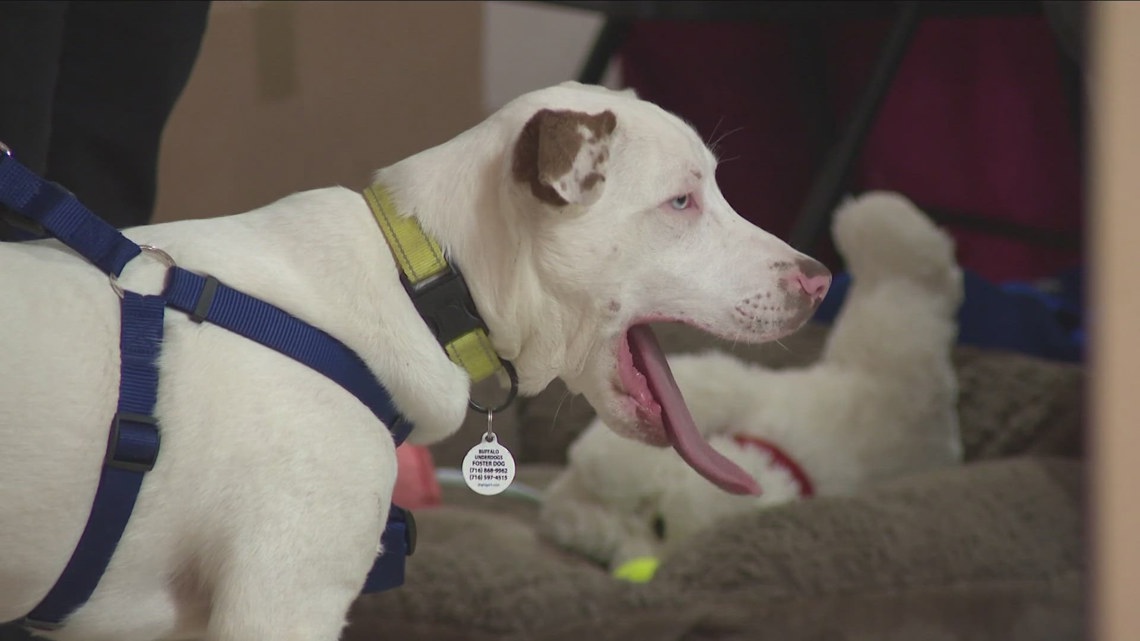BUFFALO, N.Y. — As families prepare to beat the summer heat with trips across the Canadian border, new guidelines from the Centers for Disease Control and Prevention (CDC) will significantly impact dog owners.
Starting August 1, dog owners must comply with a revised set of requirements aimed at preventing the spread of rabies and other diseases in the United States.
Previously, travelers returning with their pets needed only identification and proof of rabies vaccination. Now, the updated regulations mandate several additional measures:
- Dog at least six months old
- An ISO-compatible microchip
- A U.S.-issued rabies vaccine administered by a USDA-certified vet
- CDC dog import form
- Appear healthy upon arrival
The CDC’s stricter guidelines come in response to global concerns over rabies, which remains prevalent in over 110 countries categorized as high-risk by the United States. Although rabies was eliminated from domestic wildlife in 2007, the CDC aims to prevent its reintroduction through enhanced border control measures.
However, these changes have raised concerns among dog owners about increased costs. Obtaining a microchip and vaccinations from certified veterinarians can result in significant out-of-pocket expenses. Notably, the CDC does not charge a fee for the required import form.
Read More:
- Fans Leave a Show of a Retiring Pop Star Who Looks “Visibly Upset.”
- See It: A Monkey Was Seen in The Bronx Hanging Out in a Tow Truck!
- New Signs Indicate Wegmans Third NYC Store Opening Soon!
While these new regulations aim to safeguard public health, they also underscore the growing complexity and cost of traveling with pets internationally. Dog owners are advised to familiarize themselves with these requirements well in advance of their travel plans to avoid any disruptions at the border.







+ There are no comments
Add yours